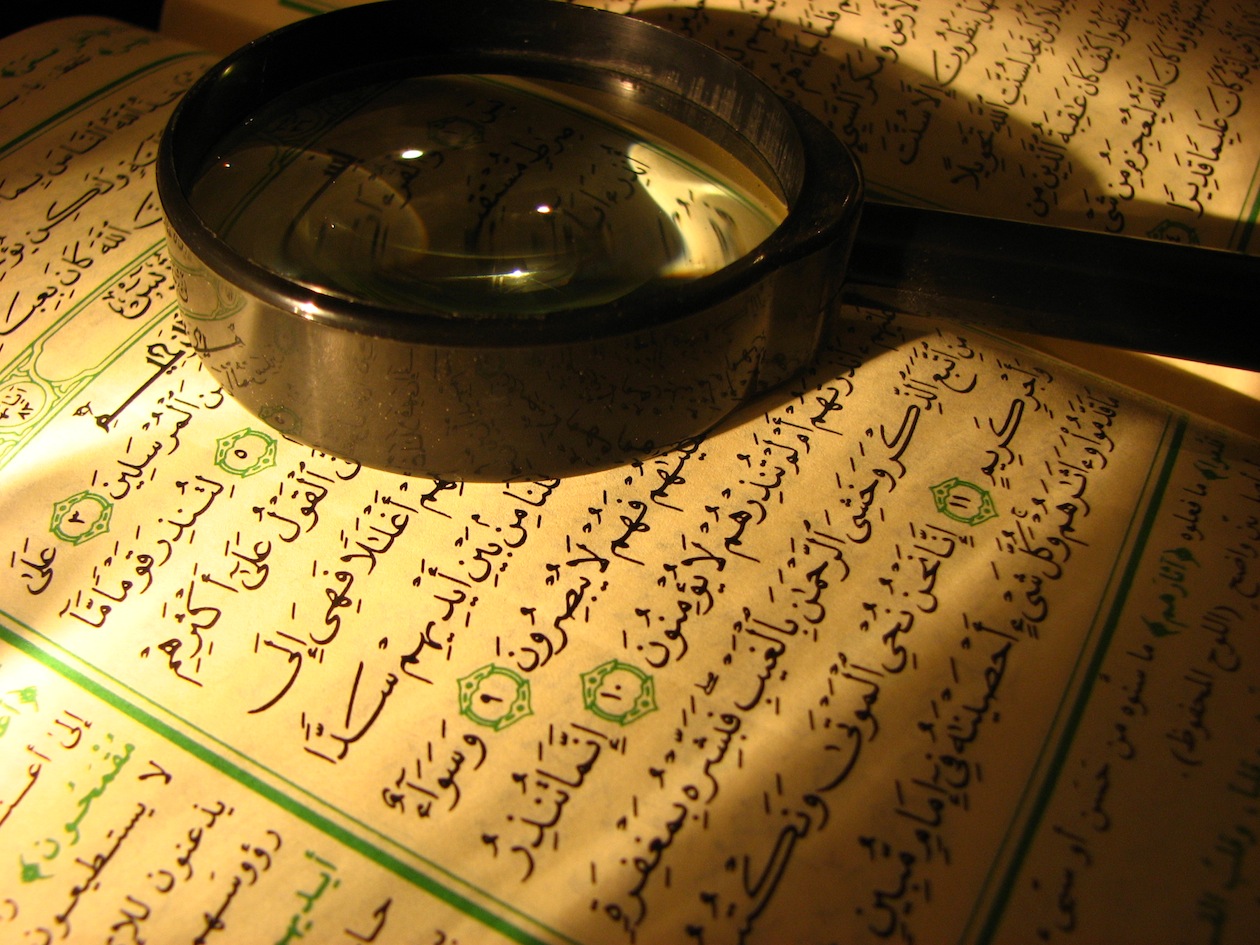Keep Company with the Sufis & Be Like Them

بِسۡمِ ٱللهِ ٱلرَّحۡمَـٰنِ ٱلرَّحِيمِ Shaykh Abu Muhammad Ruwaym ibn Ahmad ( q.s. ) said, “When you keep company with any group of people, this is better for you than keeping company with the Sufis. This is because all people study the externals, whereas this community studies the true realities. While all people seek to impose upon themselves the outward rulings of the Divine Law, the Sufis impose upon themselves the True Reality of pious scrupulosity and continuous sincerity. Therefore if anyone deviates from them in something that they have achieved, God will Remove the light of faith from his heart.”




















